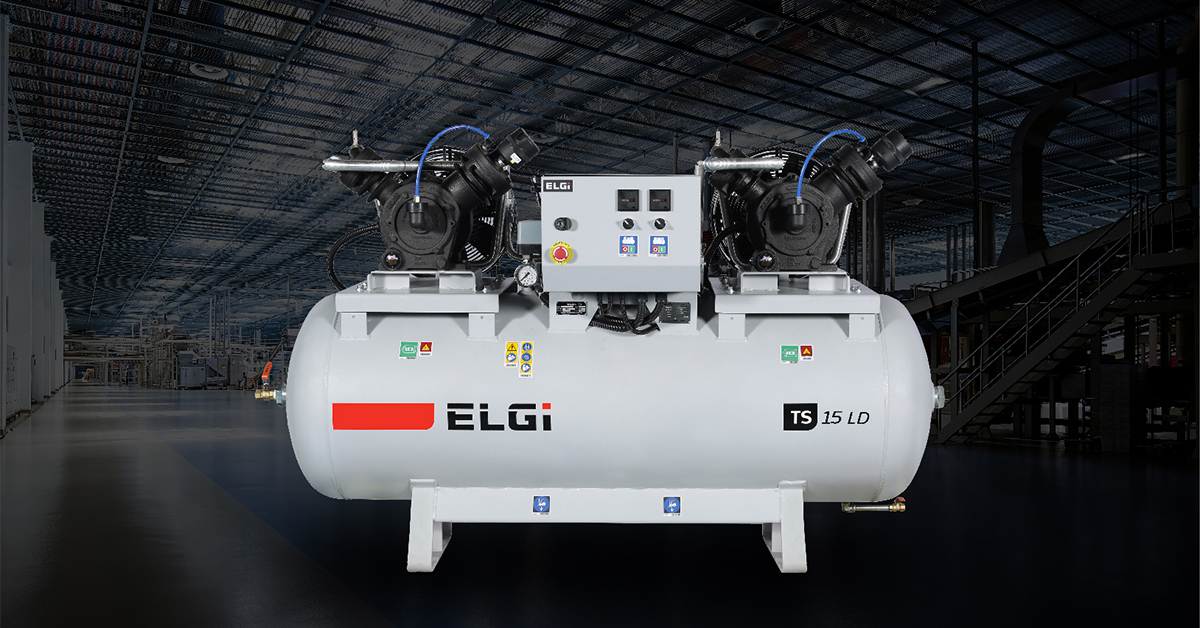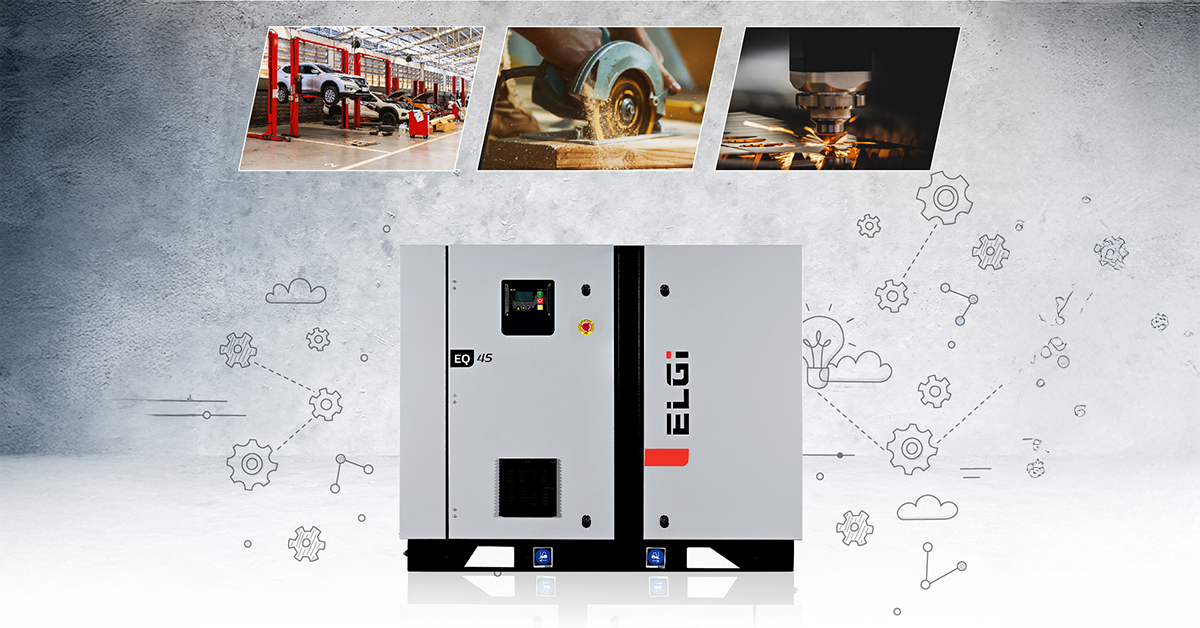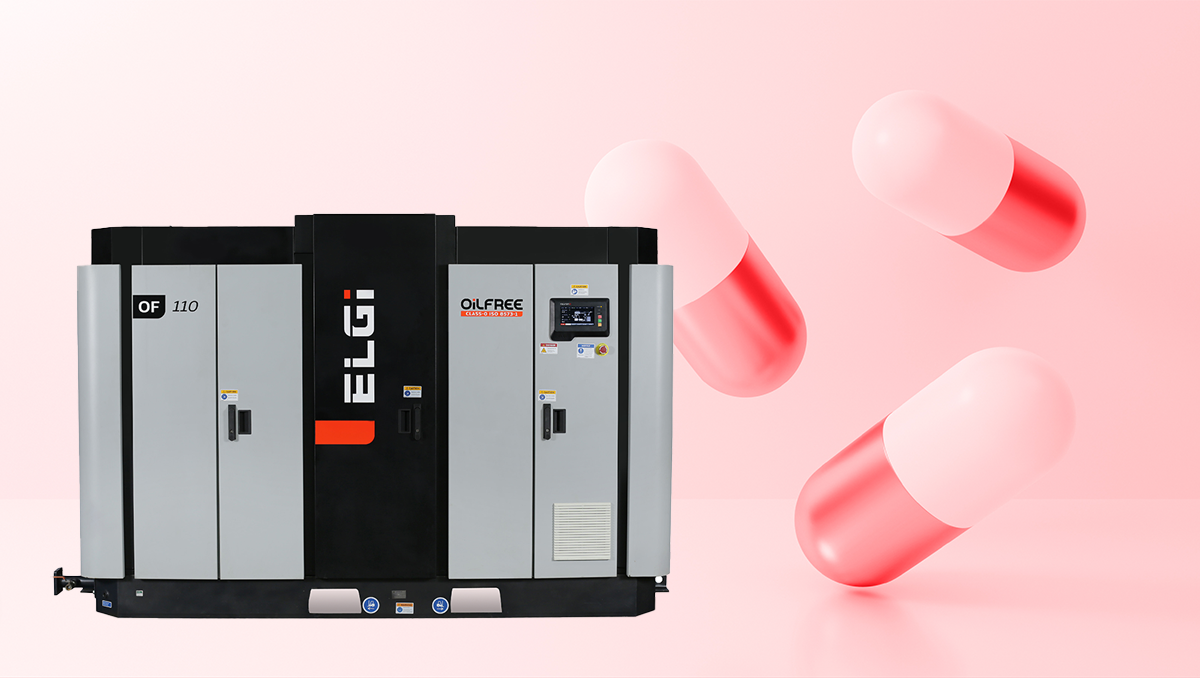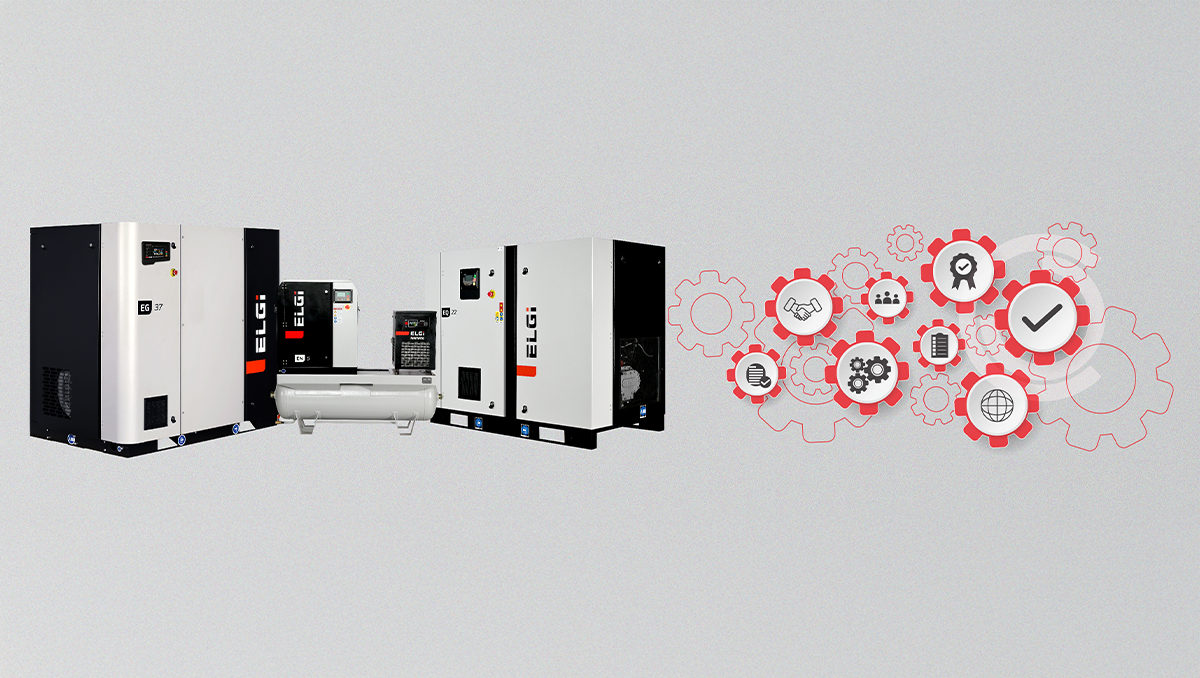Is your Compressor Ready for Winter?

It is vital to plan for weather changes to ensure optimal air compressor performance. When the weather turns colder, you should follow best practices to winterise your compressed air equipment and ensure it will withstand the colder months without damage or operating issues.
Maintaining optimal equipment performance is critical as you manage demand for production and efficiency. Investing time in air compressor winterisation can have long-term advantages in protecting your operations and reducing overhead expenses.
Here is a list of steps you can take to protect your compressor from the extremes during winter.
❄️ Keep your compressor room temperature at a minimum of 4°C
Ensure your equipment is ready by insulating or heating your compressor room to the necessary temperature of at least 4° Celsius.
❄️ Winterise the Condensate Drains and Bowls
During the colder months, it is usual to overlook the outdoor drains. When the temperature falls below freezing, wrap heat trace tape around exposed drain lines to keep them from freezing.
There is no need for heat tape if you do not intend to utilise your equipment in the winter or if you will be shutting down industrial compressors during the holiday season because they will not receive energy until the system is running. In such circumstances, drain the water from the lines to prevent them from freezing.
❄️ Use Heat trace tape or insulate your control lines
Freezing temperatures can have an impact on the control systems of compressors. Untreated compressed air can enter the control system and can cause tube lines to freeze. This may result in the compressor losing control of the inlet valve and, at the very least, downtime. To avoid this, ensure that all pneumatic control lines are heat traced and insulated. Heat trace condensate drains, storage tanks, and any compressed air treatment equipment for improved performance.
❄️ Reuse the heat from your compressor for utility cost savings
For many businesses, heating and cooling are the most expensive operating costs. The heat generated by your compressor can be reused to heat your facility and save money on utility costs.
ELGi's HRS helps companies recover up to 78% of the heat generated during the compression process, which can then be utilised for heating air and water. Customers can easily plug the Heat Recovery System into the air compressor and use the heat generated in the air compressor to warm water and air for use in showers and boilers.
Winterise your air compressor to extend its life and keep it running smoothly this winter. Follow these instructions to winter-proof and protect your compressor from the cold.
Do you want to save time and have a compressed air technician perform a winter service? ELGi has a wide service network across Europe readily available to help you with your winterisation. To find the nearest provider, contact our team: euenquiry@elgi.com.
RELATED BLOGS

Compressed air is a critical element in many industrial operations, from powering tools to...
Read More
How Oil Lubricated Compressors Work and Their Role in Energy Efficiency Oil lubricated ...
Read More
Why the ELGi EN Series is Ideal for Compact Industrial Compressed Air Solutions Busine...
Read More
Compressed air is an invaluable resource in the automotive industry, powering everything f...
Read More
The automotive industry is one of the most dynamic and technology-driven sectors, requirin...
Read More
The pharmaceutical industry operates in a realm where precision, purity, and compliance ar...
Read More
Rotary screw air compressors are essential machines used in many industrial applications a...
Read More
Choosing the right rotary screw compressors is crucial for your industrial operations. In...
Read More
Choosing the right rotary screw compressors is crucial for your industrial operations. In...
Read More
The pharmaceutical industry relies heavily on precision, sterility, and efficiency in ever...
Read MoreBe the first to get updates, learn more and join our explorative world by subscribing to our official compressed air journal.
SUBSCRIBE